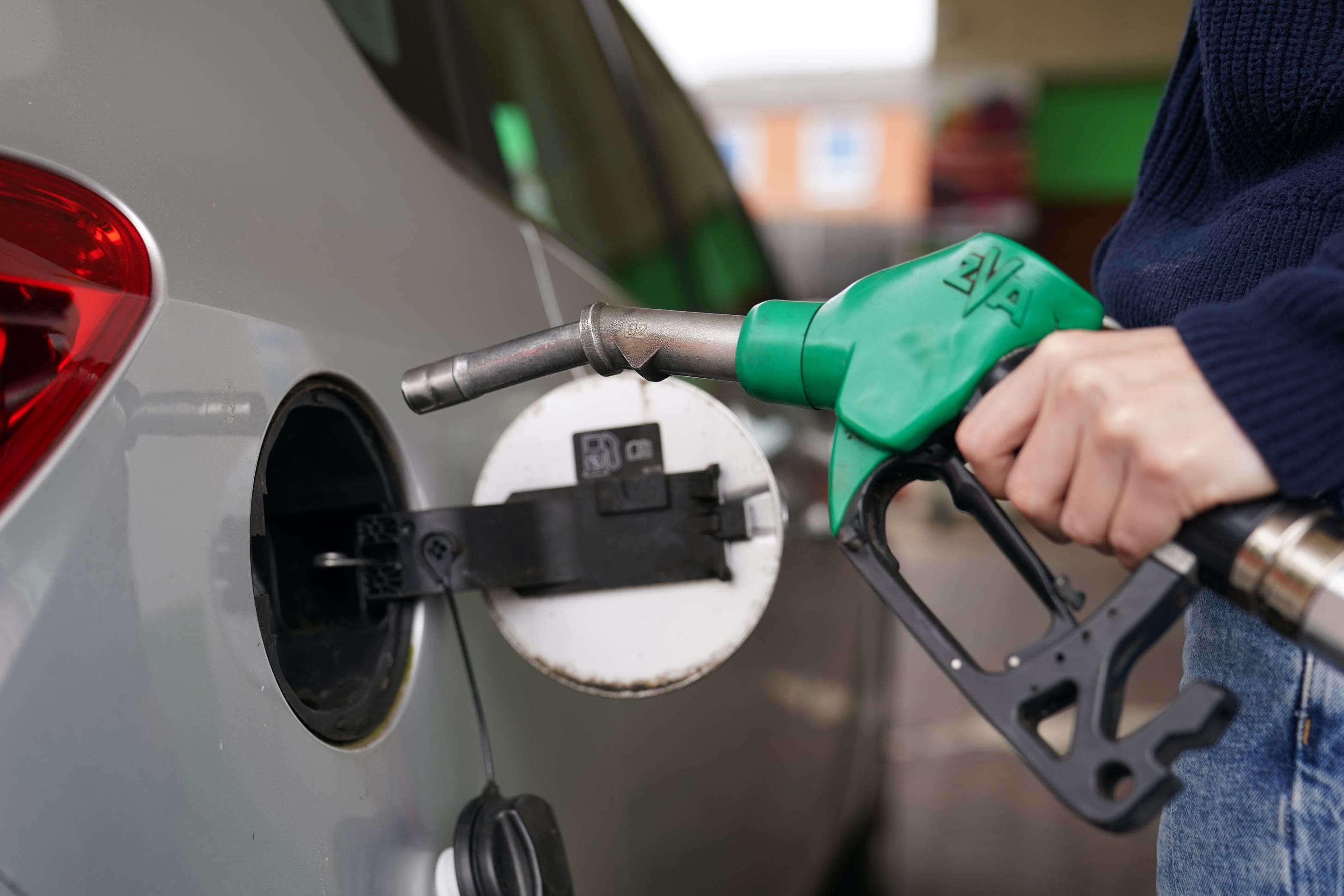New petrol cars could cost owners £700 a year more to run than EVs – analysis
The Energy and Climate Intelligence Unit said switching to an EV will ‘see a quick return on the investment made’.

Your support helps us to tell the story
From reproductive rights to climate change to Big Tech, The Independent is on the ground when the story is developing. Whether it's investigating the financials of Elon Musk's pro-Trump PAC or producing our latest documentary, 'The A Word', which shines a light on the American women fighting for reproductive rights, we know how important it is to parse out the facts from the messaging.
At such a critical moment in US history, we need reporters on the ground. Your donation allows us to keep sending journalists to speak to both sides of the story.
The Independent is trusted by Americans across the entire political spectrum. And unlike many other quality news outlets, we choose not to lock Americans out of our reporting and analysis with paywalls. We believe quality journalism should be available to everyone, paid for by those who can afford it.
Your support makes all the difference.New petrol cars could cost their owners around £700 a year more to run than electric models, according to new analysis.
This would lead to a “petrol premium” worth an estimated £10,000 over the expected 14-year lifetime of each vehicle, non-profit organisation the Energy and Climate Intelligence Unit (ECIU) said.
The analysis is based on the top 10 selling petrol cars of the year – such as the Vauxhall Corsa, Mini and Nissan Juke – compared with electric vehicle (EV) equivalents.
A switch to an EV will see a quick return on the investment made
The price of fuel compared with charging an electric battery was the main reason for the cost difference, but other factors taken into account included vehicle excise duty and servicing.
Higher purchase costs of new electric cars is cited as one of the main reasons some people are reluctant to switch from petrol models.
But recent analysis by investment bank Goldman Sachs predicted that battery prices will fall by around 40% from 2022 to 2025 – partly due to a reduction in the cost of raw materials – which will reduce the price disparity with traditionally-fuelled new cars.
Under the Government’s zero-emission vehicles mandate, at least 22% of new cars sold by each manufacturer in the UK next year must be zero-emission, which generally means pure electric.
The threshold will rise annually until it reaches 100% by 2035.
Failure to abide by the rule or make use of flexibilities – such as carrying over allowances from previous years – will result in a requirement to pay the Government £15,000 per polluting car sold above the limits.
ECIU transport analyst Colin Walker said: “With drivers being hit by a £700 petrol premium, a switch to an EV will see a quick return on the investment made.
“However, since less than 20% of car sales in the UK are for new vehicles, it’s the growth of the second-hand EV market that is critical if more families are to be able to access the cheaper driving than comes from EV ownership.
“With the ZEV mandate coming into force next year, more new EVs will be sold which, in turn, will result in more EVs making their way onto the second-hand market in the years to come.”
RAC spokesman Rod Dennis said: “For many drivers, the idea of considering the total cost of running a car throughout its life, rather than just thinking about the upfront cost, might seem like a strange concept, especially for the majority of people who acquire used rather than new cars.
“But as this study shows, when you do the sums electric vehicles can be so much cheaper to keep on the road, and of course there’s also the huge environmental benefits of driving a car that has no tailpipe emissions.
“It remains the case that more needs to be done to reduce the cost of acquiring electric cars in the first place, so they become a more natural choice for people.
“We urge the Government, in March’s Budget, to reintroduce a form of the plug-in car grant aimed at the cheaper end of the new electric car market to stimulate demand, as well as cut VAT on public chargers to match to domestic rate to make charging more affordable.”
The grant, which was scrapped in June 2022, enabled people to claim up to £1,500 towards the cost of a plug-in car costing less than £32,000.
Earlier this week the AA said the chances of an EV breakdown being caused by running out of power has reached a record low.
Just 2.3% of the EV callouts it received in the year to the end of October were due to batteries having limited or no charge, the company said.
This is down from 8.3% in 2015 and 4.3% in 2021.
The AA attributed the decrease to the public charging network becoming larger and more reliable, improved range on newer EVs and better education and information for drivers.
It predicted that range anxiety, whereby EV drivers are concerned they will no have enough power to complete their journey, will become “a thing of the past”.